About Summit: Building on the legacy of ten successful editions of Vibrant Gujarat Global Summit, the Government of Gujarat is organizing Vibrant Gujarat Regional Conferences (VGRC) across the State, replicating the Summit’s successful model at the regional level. Scheduled between two consecutive editions of Vibrant Gujarat, these Conferences will drive regional industrial growth, attract sector-specific investments and strengthen global engagement, aligned with the vision of Viksit Bharat @2047. These conferences are aimed at regional industrial development, promoting investments in various sectors as well as enhancing global engagement.
The Regional Conferences will not only serve as a platform for showcasing regional achievements and announcing new initiatives but also as instruments for co-creating Gujarat’s growth story by empowering regional economies, promoting innovation and facilitating strategic investments in every part of the State. The achievements of Regional Conferences will be showcased during the next edition of Vibrant Gujarat Global Summit.
Event Schedule
This year’s Vibrant Gujarat Conference will be held at Ganpat University, Mehsana. Below are the key details of the event.
8 October 2025 : Excursion Visit (Day before main sessions begin)
9 October 2025 (Thursday) : Day 1 of the main event of Cultural Roots, Global Connections: Buddhist Tourism in Gujarat
10 October 2025 (Friday) : Day 2 of the main event about Making Gujarat an Adventure Tourism Hub for India
11 October 2025 : Excursion Visit (wrap-up day)
Visit the official schedule for event details: https://www.vibrantgujarat.com/event-schedule
Adventure & Outdoor Escapes in Gujarat
Gujarat is emerging as an exciting destination for adventure lovers, offering a diverse mix of landscapes—from coastal stretches and salt deserts to hills and dense forests. The state offers activities such as rock climbing, trekking, camping, water sports, river rafting, paragliding, scuba diving, and banana rides.
Some standout spots for adventure in Gujarat include:
Shivrajpur Beach (Devbhoomi Dwarka):
A blue-flag beach where you can enjoy snorkeling, scuba diving and island tours. Visit page for more details
Zarwani Waterfall (Narmada district):
Nestled inside Shoolpaneshwar Wildlife Sanctuary, this campsite area offers immersion in nature and forest life. Visit page for more details
Dharoi (Mehsana, Gujarat):
A festival around Dharoi Dam featuring parasailing, rock climbing, trekking, mountain biking, camping, and more. Visit page for more details
Rann of Kutch & Kutch region:
Famous for ATV rides, camel safaris, paramotoring, hot-air ballooning, and other adventure options during the Rann Utsav season. Visit page for more details
Saputara:
Celebrate the beautiful vibes of Saputara with local Dangi cuisine, culture vibrancy, handicraft, Aero sports, boating and trekking. Visit page for more details
Mandvi Beach (Kutch):
Golden-brown sands along the Kutch coastline, ideal for beach walks, sunsets, and vibrant local activity including vendors and water sports. Visit page for more details
Buddhist Heritage of Gujarat
Gujarat, though famed for Hindu and Jain heritage, also holds deep roots in Buddhism. Its Buddhist Circuit traces cave monasteries, stupas, rock edicts and ancient viharas scattered across the state, reflecting a legacy from as early as the 2nd century BCE.
Buddhism in Gujarat was supported by ancient dynasties and pilgrims alike. Chinese traveler Hiuen Tsang noted around 200 monasteries with 10,000 monks across regions like Bharuch, Valabhi and Saurashtra during his 7th century visit. Both Hinayana and Mahayana traditions left their mark here.
Key Buddhist sites in Gujarat include:
Vadnagar – Buddhist Monastery, Mehsana:
Excavated monastery (2nd–7th century AD) with stupas and monk cells arranged in swastika pattern. Visit the page
Uparkot Fort, Junagadh:
Ancient fort with centuries-old Buddhist caves and heritage features. Visit the pageBaba Pyare Caves, Junagadh:
Monks’ caves showcasing early Buddhist monastic life. Visit the pageAshok Edicts, Junagadh:
Rock inscriptions of Emperor Ashoka promoting ethics and non-violence. Visit the pageKhambhalida Buddhist Caves, Rajkot:
Limestone caves with central chaitya and Bodhisattva sculptures. Visit the pageTalaja Hills, Bhavnagar:
Ancient hill caves used by Buddhist monks in Saurashtra. Visit the pageKadia Dungar Buddhist Cave, Bharuch:
Rock-cut caves with brick stupa and lion pillars from 1st–2nd century AD. Visit the pageSiyot Caves, Kutch:
Early coastal Buddhist monastic caves dating to 1st century AD. Visit the pageBuddhist Caves of Khapra Kodiya, Junagadh:
Stone-carved monk quarters forming part of ancient monastic settlements. Visit the pageDev Ni Mori, Aravalli:
Archaeological site with ruins of monastery, stupa, and vihara. Visit the pageTaranga Caves, Mehsana:
Caves with stone sculptures used by Buddhist monks. Visit the page
For more details of the Buddhist heritage, Visit the page: Buddhist Circuit
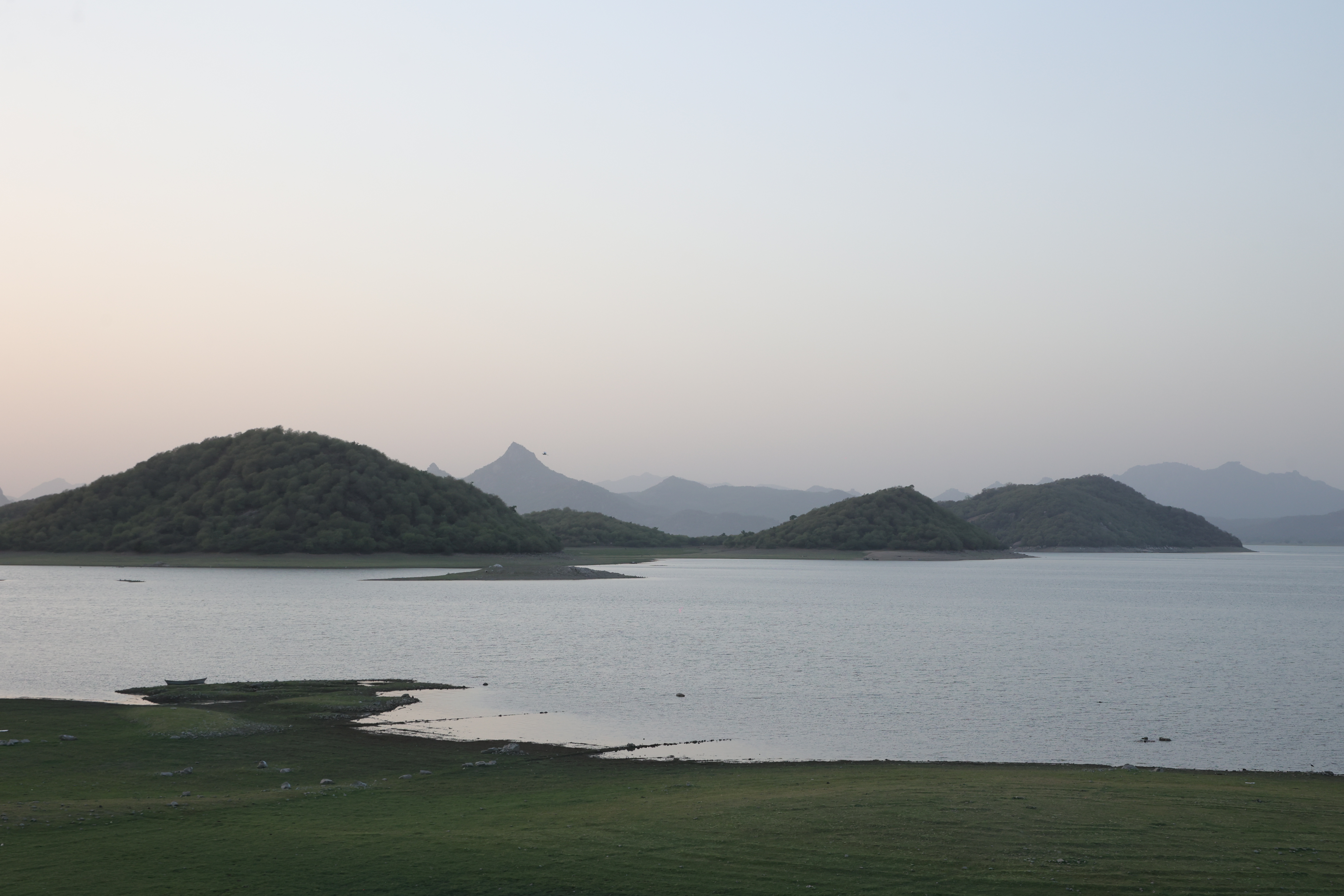
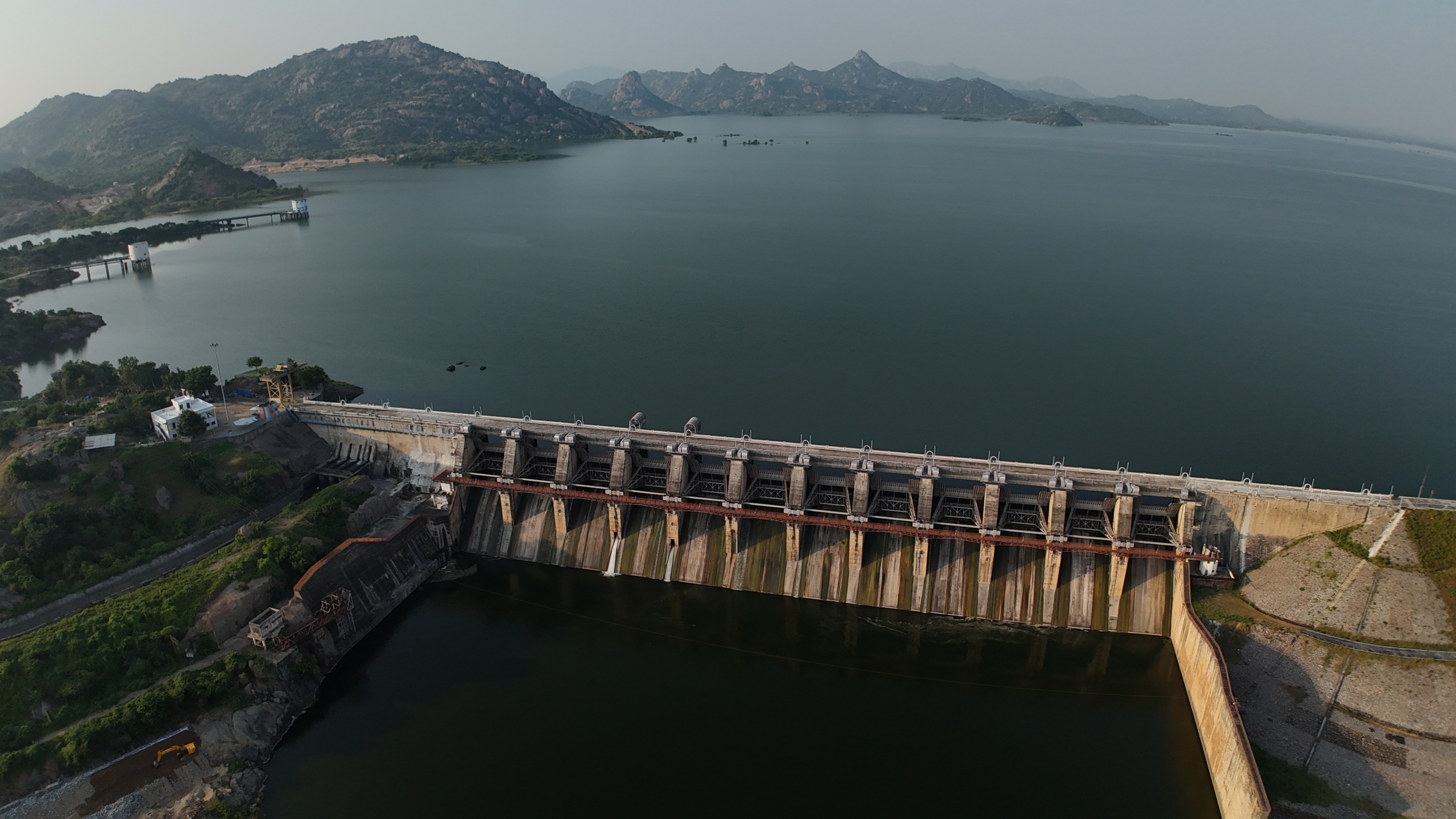
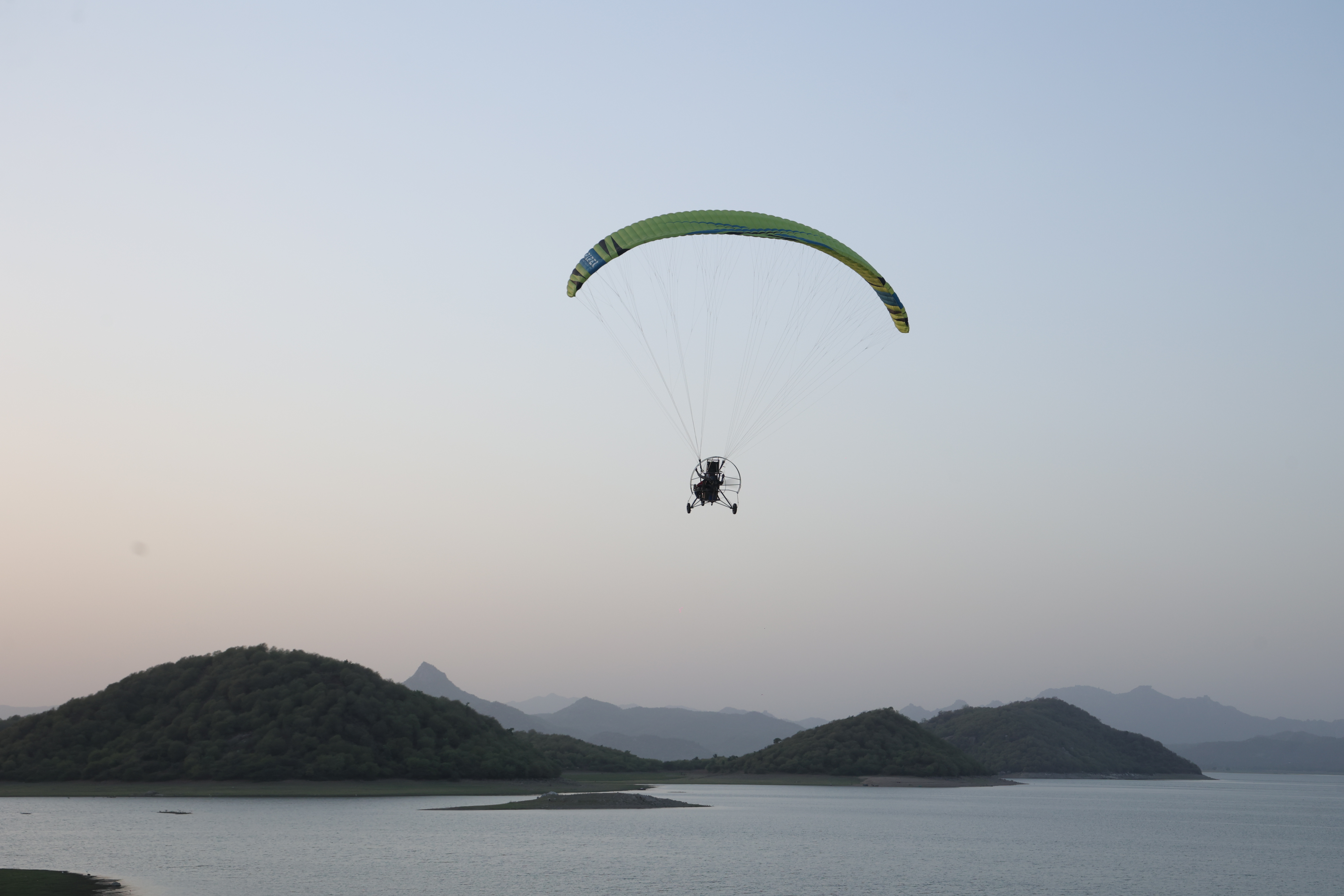
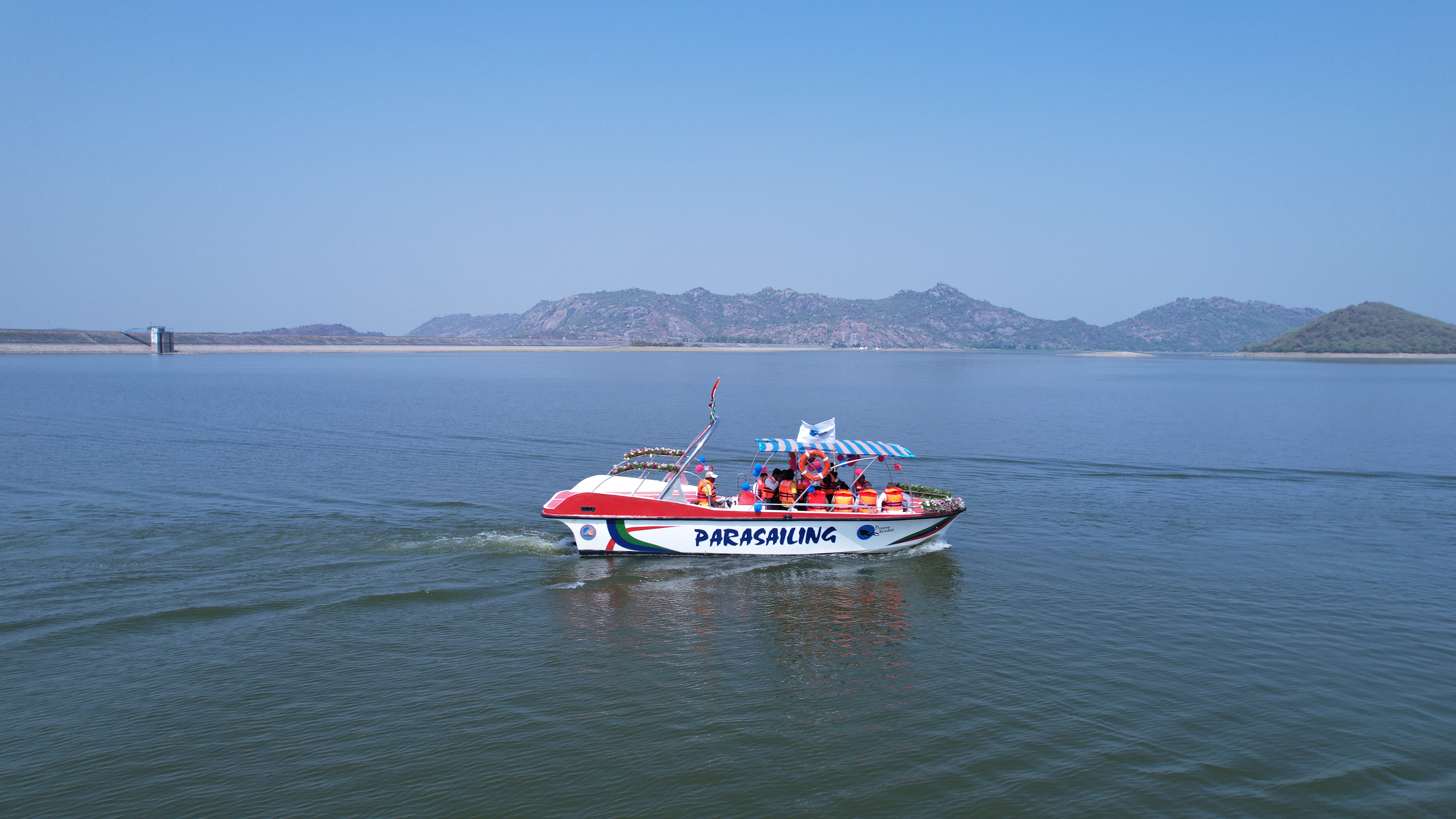
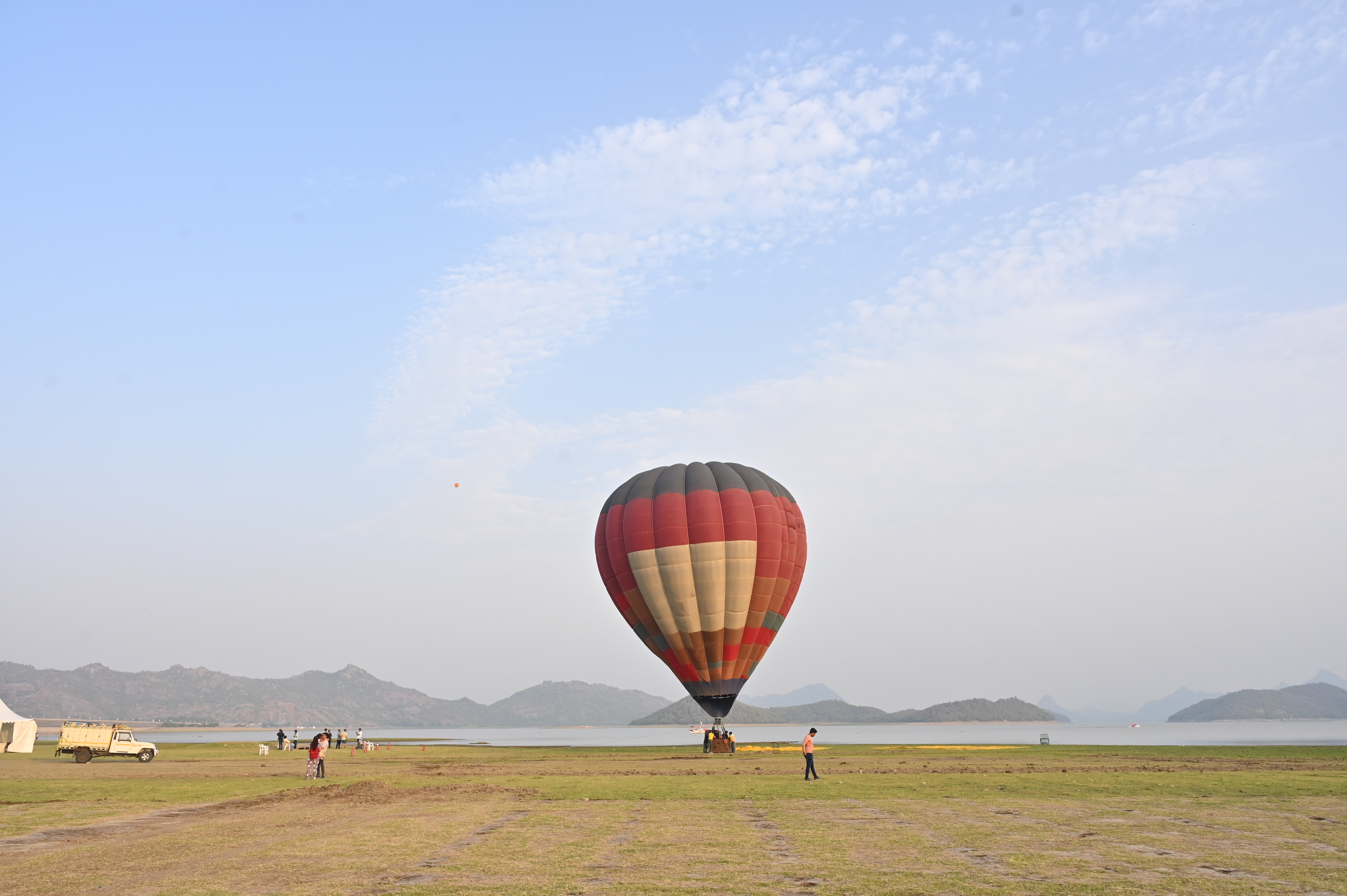
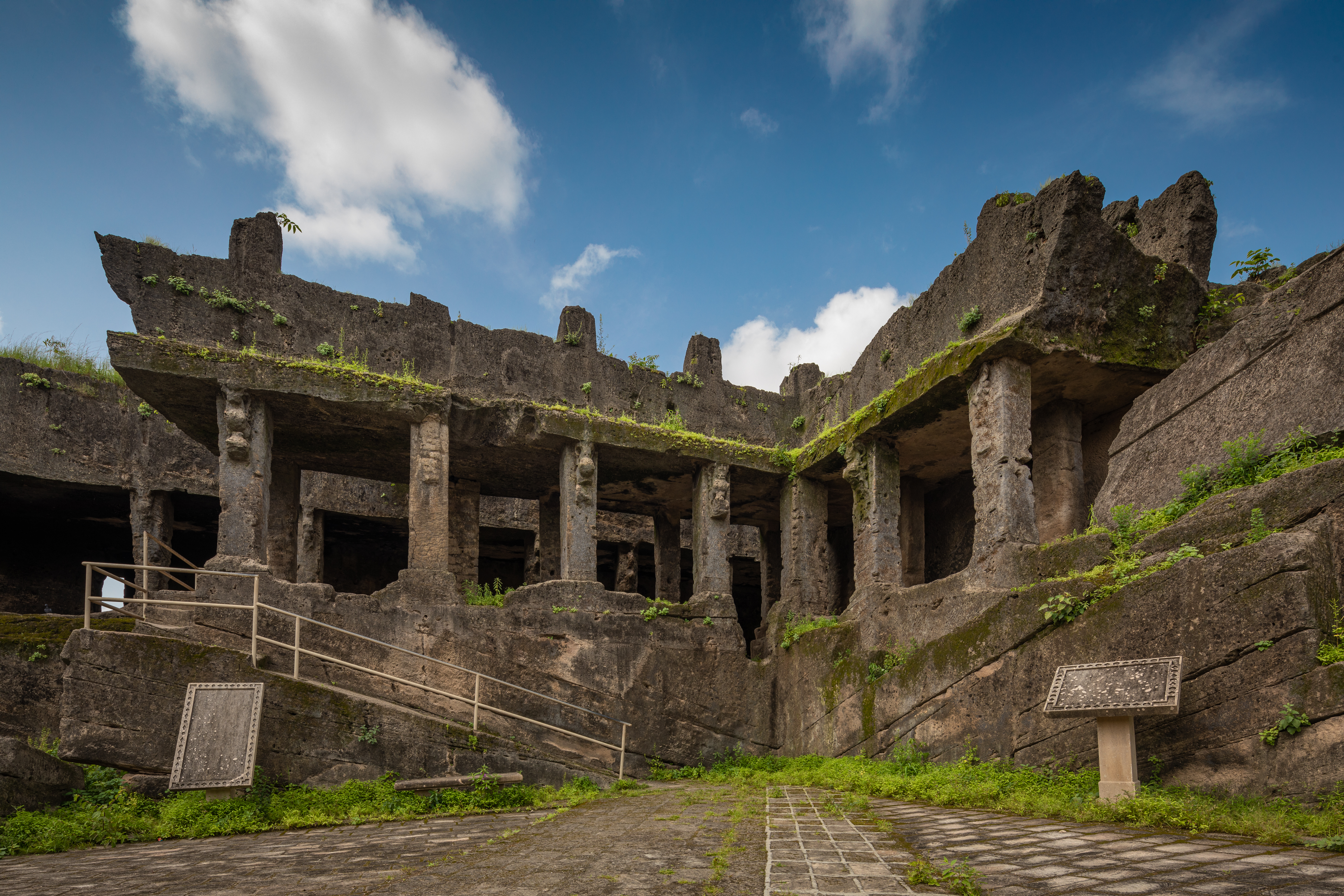
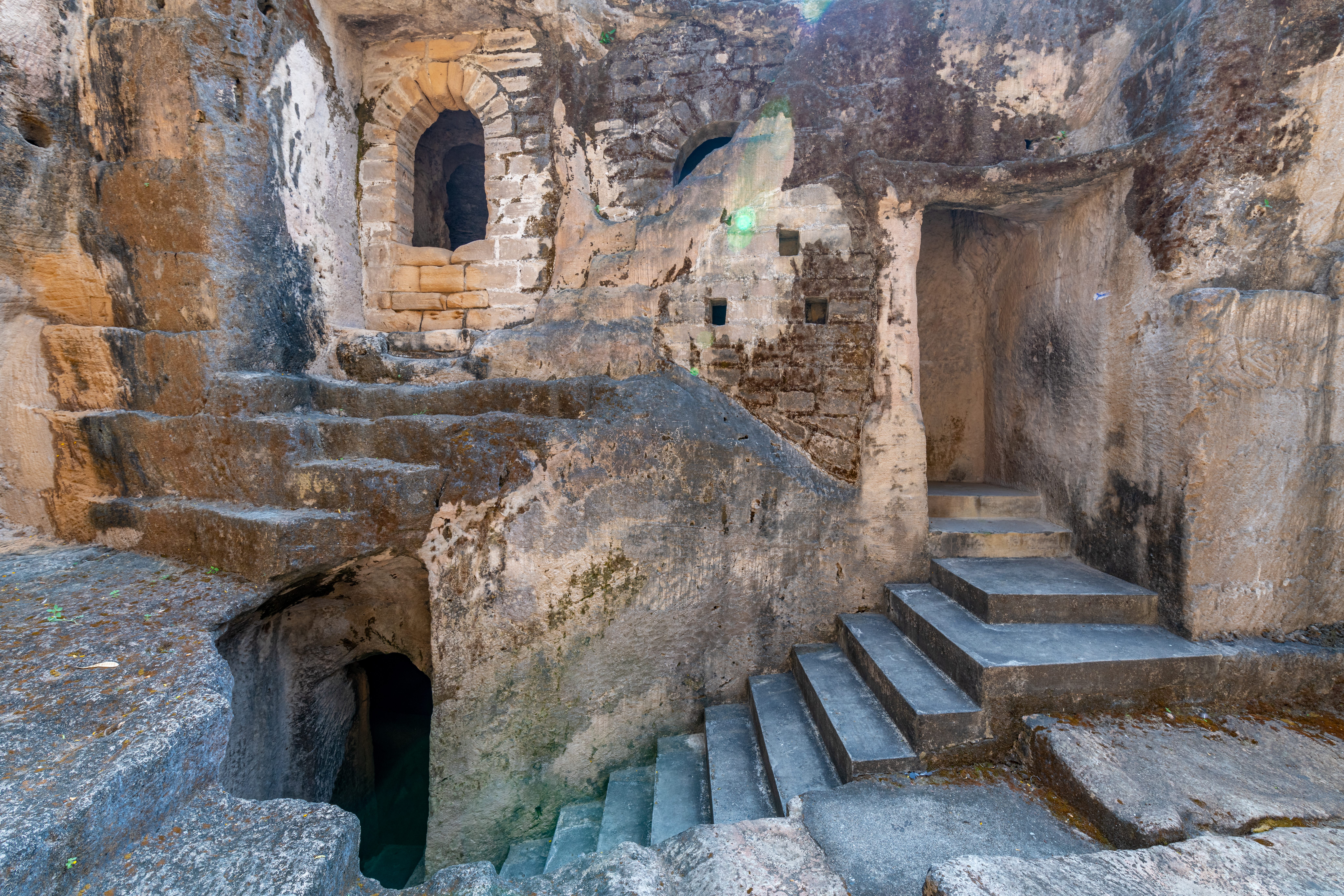
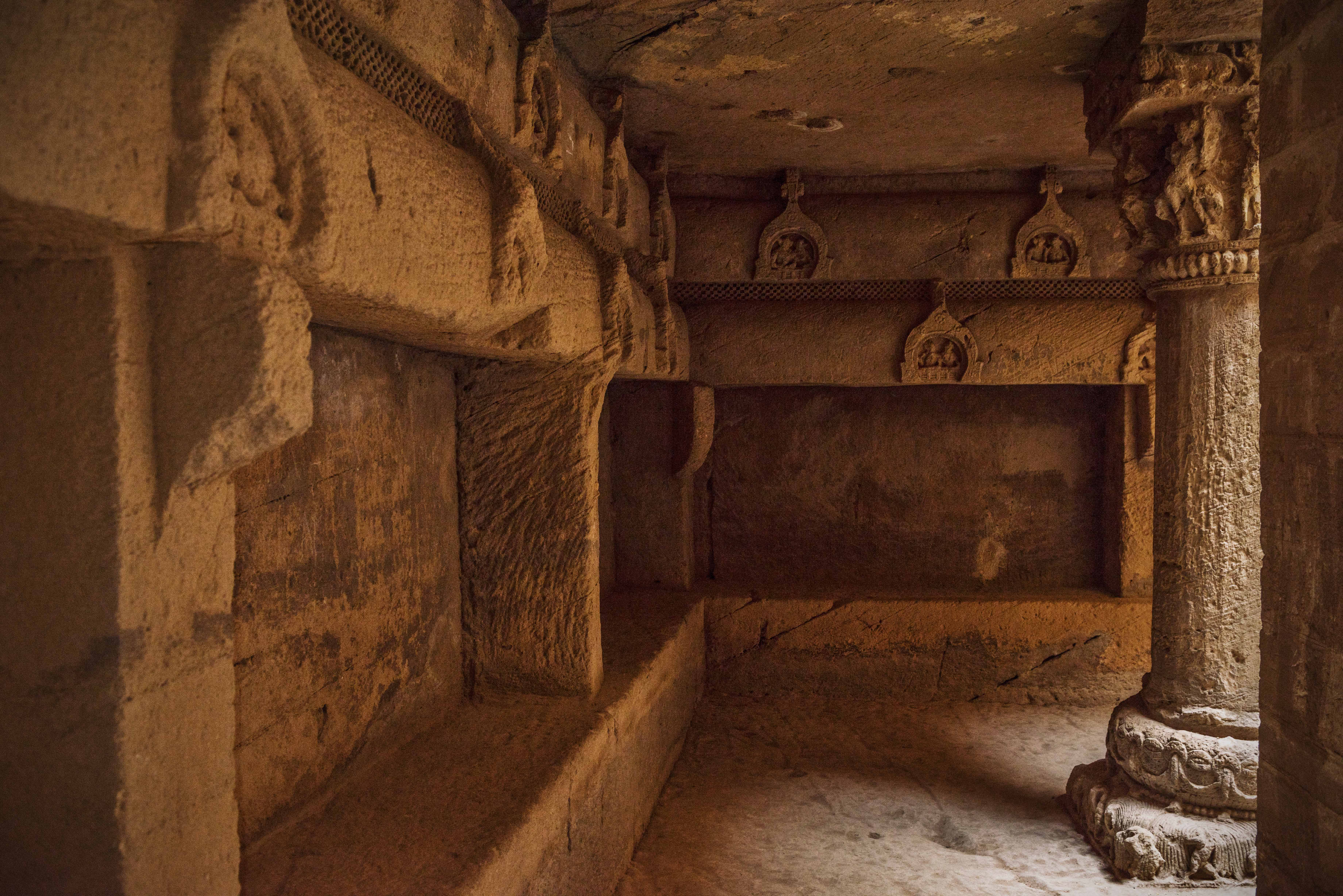
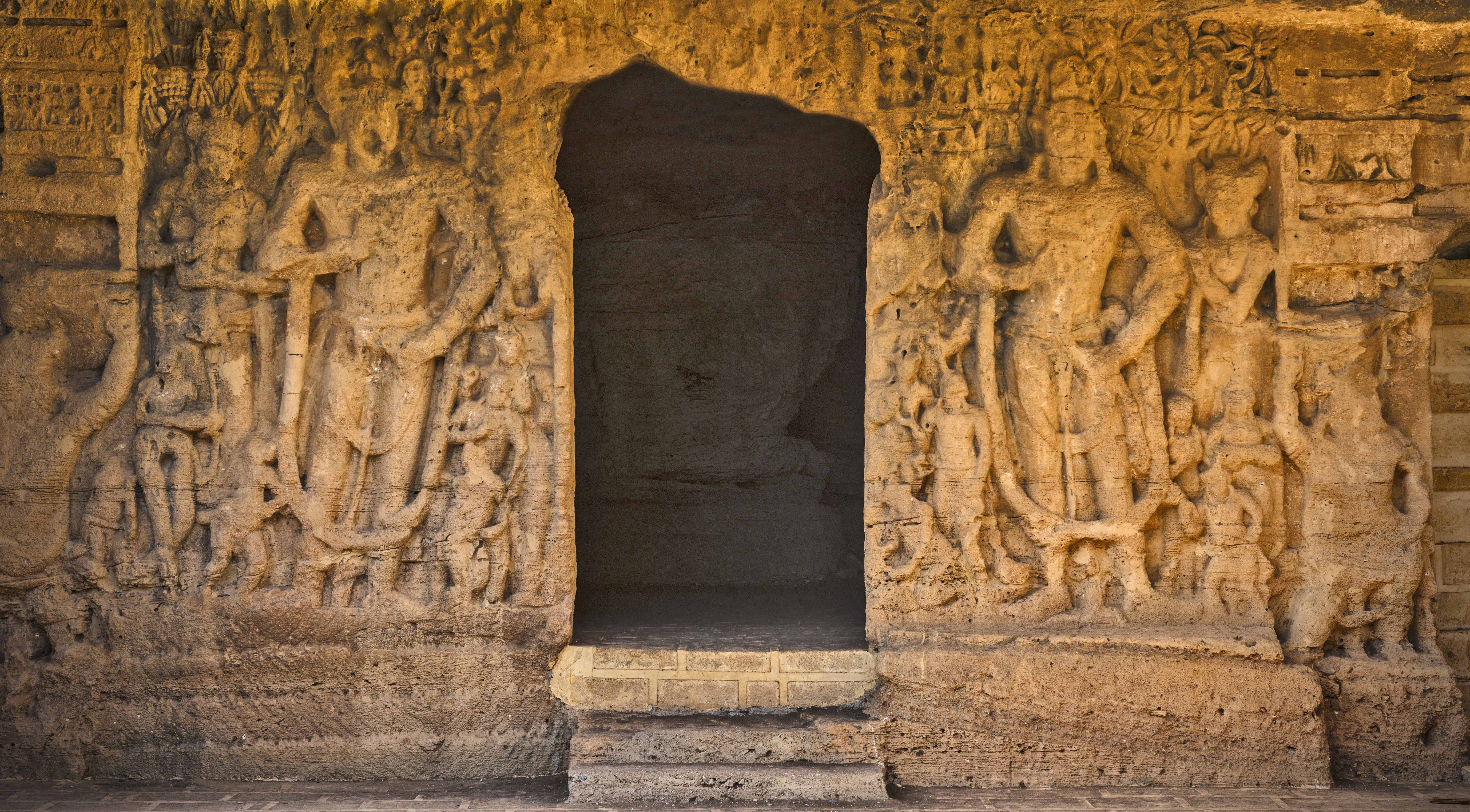
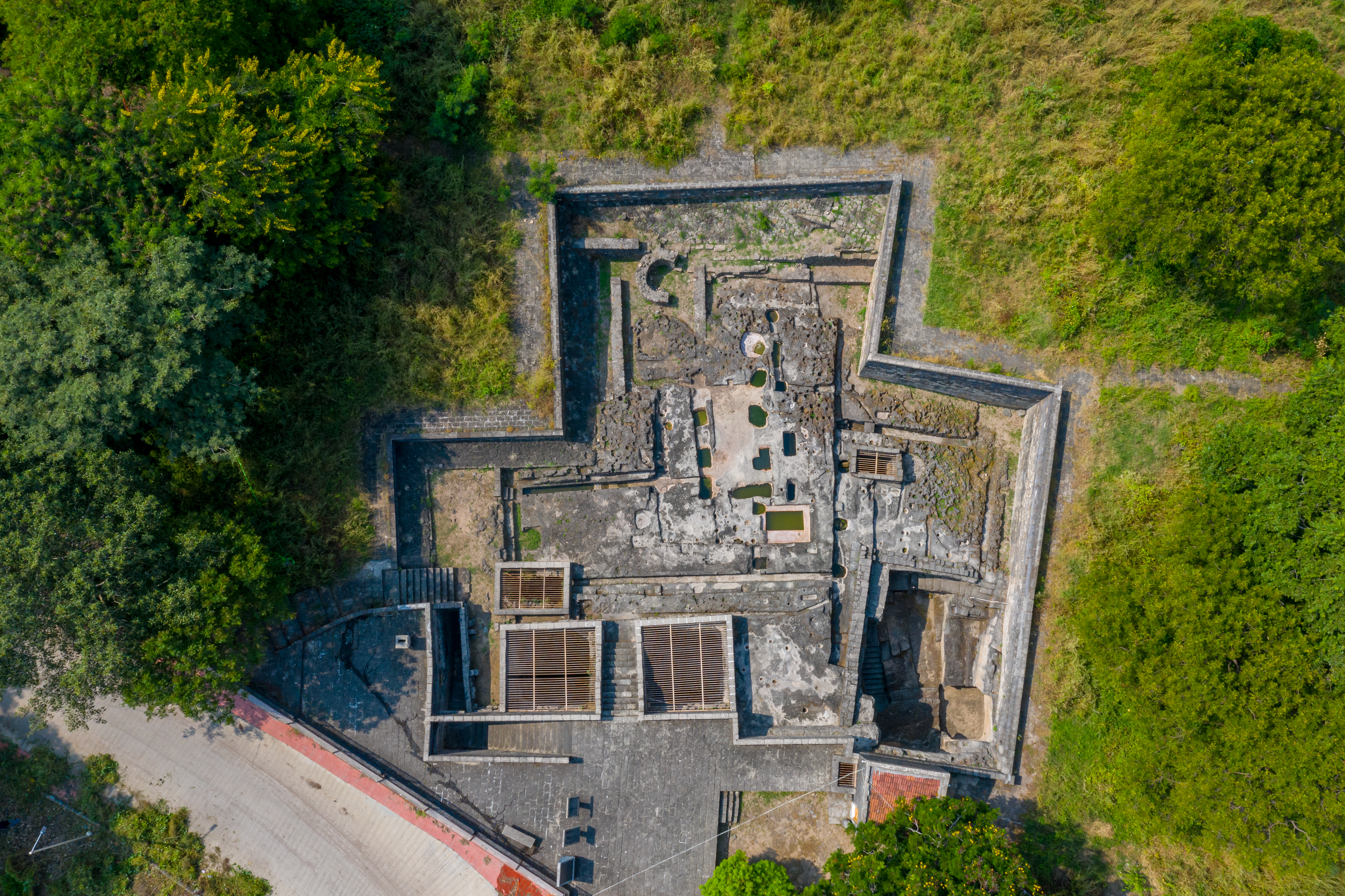
For more details of this conference, visit the link: www.vibrantgujarat.com


